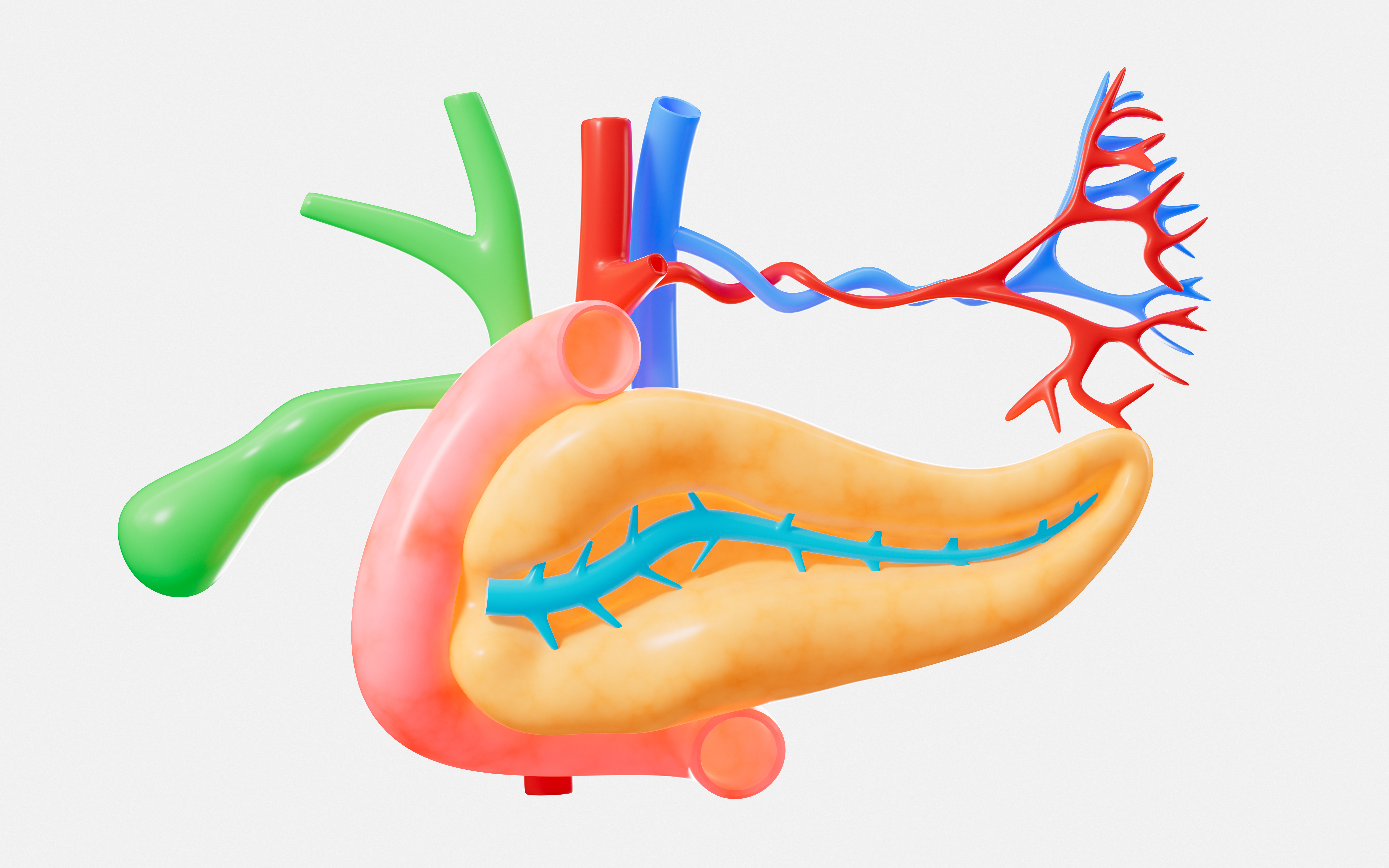This study explores the potential of hyaluronan (HA), a component of the interphotoreceptor matrix, in promoting long-term survival and enhancing maturation of human retinal organoids, which are valuable for disease modeling and cell transplantation. HA treatment reduces cell proliferation and increases photoreceptor commitment, leading to enhanced photoreceptor maturation and outer segment development. Interestingly, prolonged HA treatment decreases the brush border layer length, where outer segments reside, but promotes more organized outer segment structures. The study demonstrates the influence of HA, its viscosity, and molar mass on photoreceptor maturation in organoid culture, highlighting the significance of material properties in this context.
Keywords: Hyaluronic acid, retinal organoids, photoreceptor differentiation



